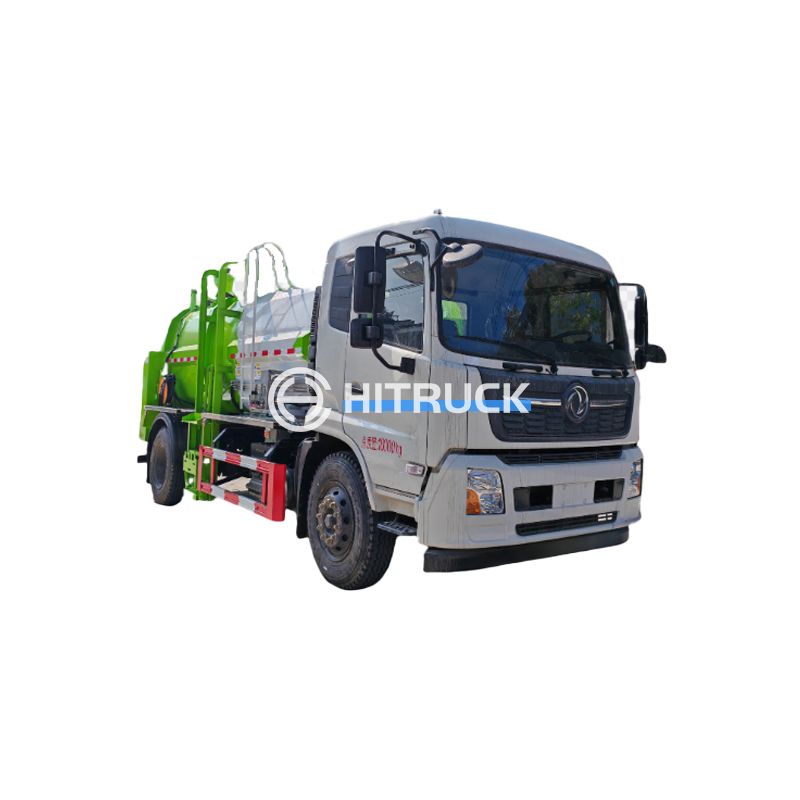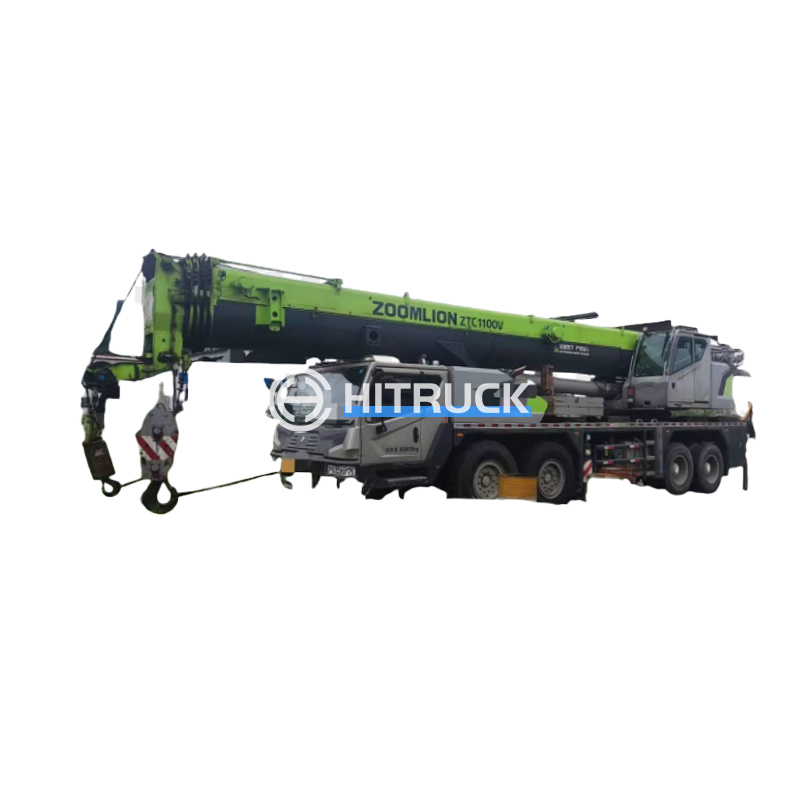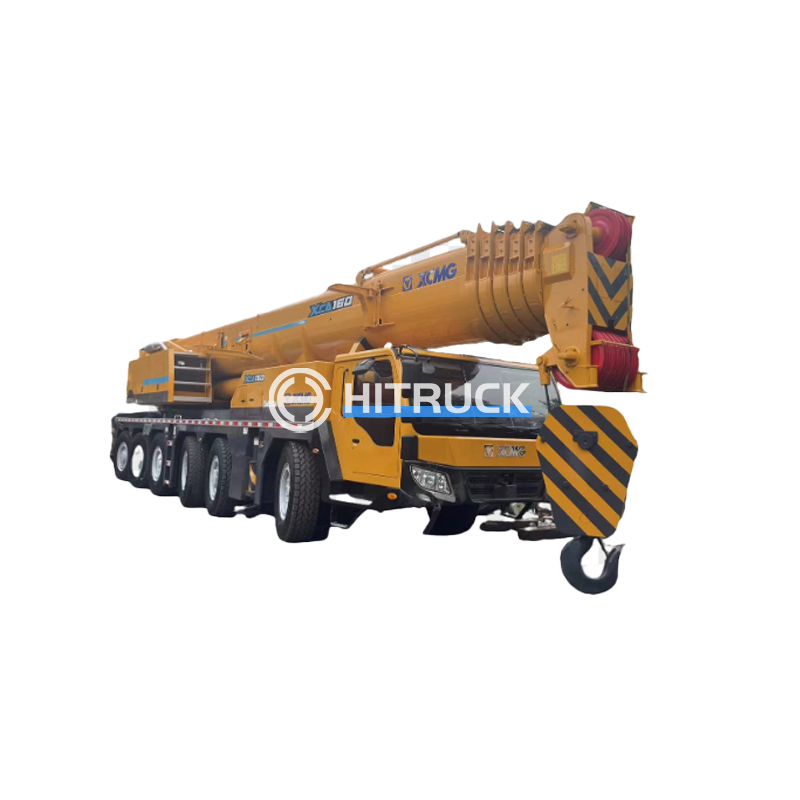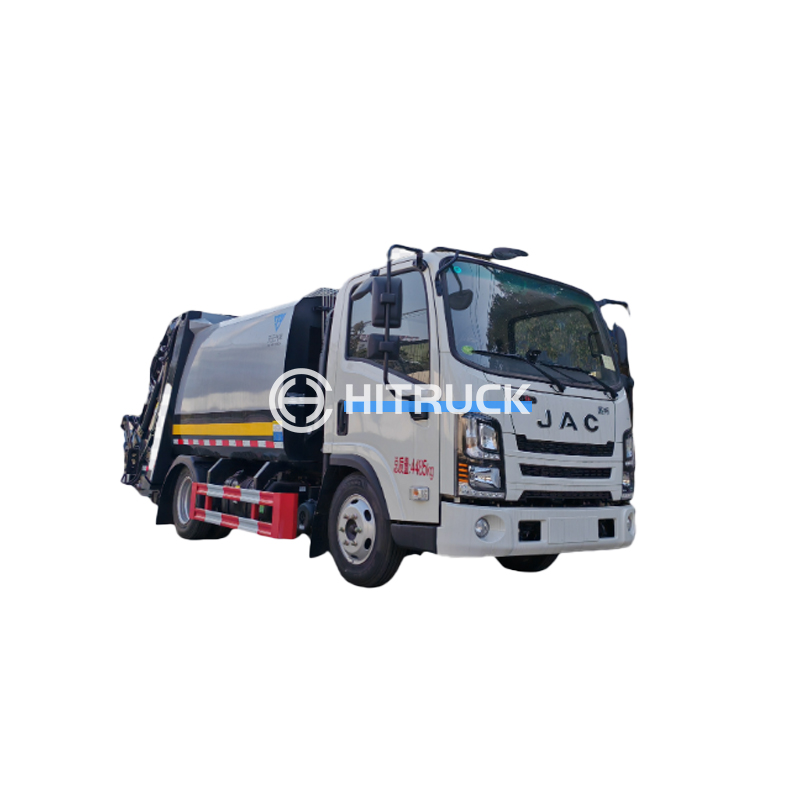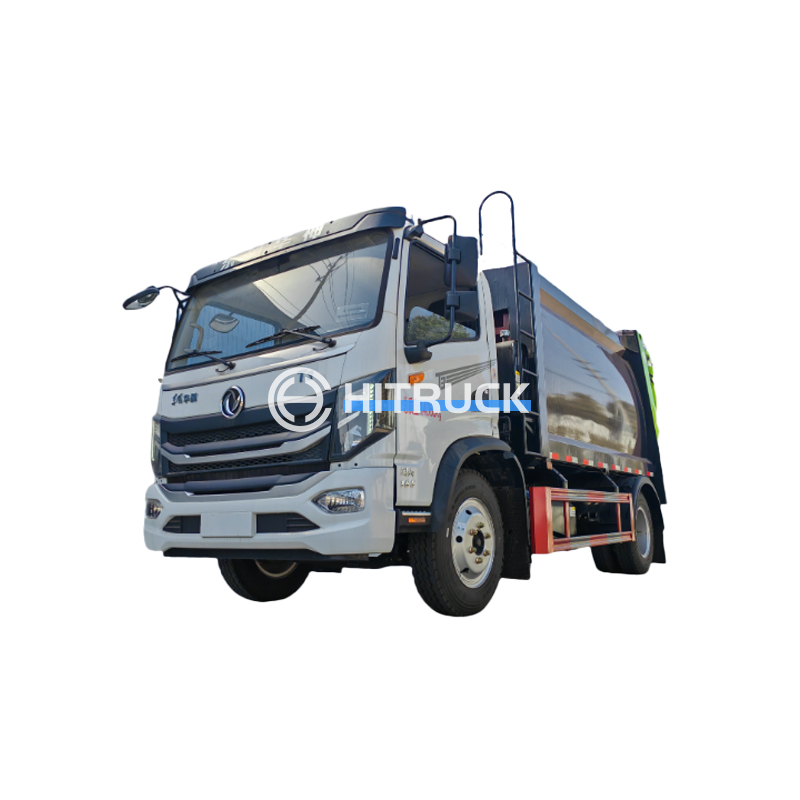This comprehensive guide helps you navigate the world of commercial electric dump trucks, exploring key factors to consider before purchasing. We delve into the various models, functionalities, and benefits of going electric, ultimately assisting you in making an informed decision that aligns with your specific operational requirements and budget. Learn about charging infrastructure, maintenance considerations, and the environmental advantages of choosing an electric option over traditional diesel models.
One of the most significant advantages of a commercial electric dump truck is its reduced carbon footprint. Electric trucks produce zero tailpipe emissions, contributing to cleaner air and a healthier environment. This is increasingly important as environmental regulations tighten and businesses seek more sustainable solutions. Switching to electric can significantly reduce your company's environmental impact and potentially qualify you for green initiatives and tax credits.
While the initial purchase price might be higher, commercial electric dump trucks often offer substantial long-term cost savings. Electricity is typically cheaper than diesel fuel, leading to reduced running costs. Furthermore, electric motors require less maintenance than diesel engines, resulting in lower maintenance expenses and increased uptime.
Electric motors deliver instant torque, resulting in improved acceleration and hauling capabilities. This can enhance productivity on the job site, allowing you to complete tasks more efficiently. The quiet operation of electric trucks also contributes to a more pleasant work environment.
Determine the appropriate payload capacity based on your typical hauling needs. Consider the size of the truck bed and its suitability for the types of materials you regularly transport. Different manufacturers offer varying sizes and capacities, ensuring you find the right fit for your operations. Always check the manufacturer's specifications for exact details. Some commercial electric dump trucks are designed for specific applications, such as construction or landscaping.
Assess the availability of charging infrastructure in your area. Consider the daily range of the truck and plan your charging schedule accordingly. Investing in on-site charging stations might be necessary for optimal efficiency. Examine the charging time and the different charging options available, including Level 2 and DC fast charging.
Electric trucks have fewer moving parts compared to diesel trucks, resulting in simpler maintenance requirements. However, you'll need to find certified technicians familiar with electric vehicle technology. Plan for regular maintenance and servicing schedules to ensure the longevity and performance of your commercial electric dump truck. Check the manufacturer’s warranty and service plans for details.
Several manufacturers produce commercial electric dump trucks. Research different models to compare their features, specifications, and pricing. Consider factors such as battery capacity, range, payload capacity, and available options.
| Model | Payload Capacity | Range (miles) | Charging Time (hours) |
|---|---|---|---|
| Model A | 10 tons | 100 | 8 |
| Model B | 15 tons | 150 | 10 |
| Model C | 20 tons | 200 | 12 |
Note: These are example values and may vary depending on the manufacturer and model. Always refer to the manufacturer's specifications for accurate information.
Thorough research is crucial when selecting a supplier for your commercial electric dump truck. Consider factors such as reputation, customer service, warranty, and after-sales support. Working with a reputable supplier ensures you receive quality products and timely assistance when needed. For a wide selection of heavy-duty trucks, including electric options, consider exploring Suizhou Haicang Automobile sales Co., LTD. They offer a variety of trucks to fit diverse needs.
Investing in a commercial electric dump truck is a significant decision. By carefully considering these factors and conducting thorough research, you can select a vehicle that maximizes your operational efficiency, reduces environmental impact, and ensures long-term cost savings.

